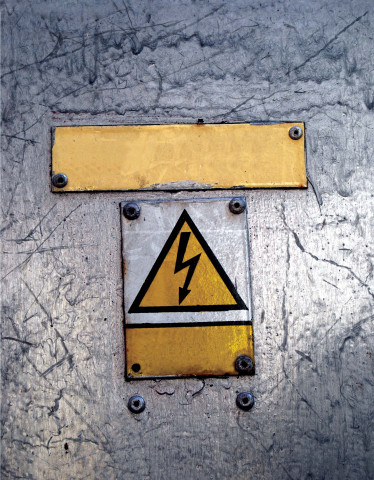Energy costs: NEPRA allows Rs2.05 drop in electricity tariffs … for now
Regulator says it will likely fall in line with ECC decision not to pass on cost reductions to consumers.

PHOTO: FILE
At its monthly public hearing on Tuesday to determine what tariff to allow the state-owned electricity distribution companies to charge their consumers, Nepra acknowledged that falling global oil prices in March had meant that the average cost of fuel for electricity generation in that month had declined by Rs2.05 per kilowatt-hour (kWh). However, the regulatory body also confirmed that it was considering adopting the policy guidelines issued by the federal government not to pass on the cost savings to consumers.
The Economic Coordination Committee of the Cabinet, led by Finance Minister Ishaq Dar, has made it clear that they want to use the opportunity offered to the government by lower global oil prices to keep prices constant and to use the additional revenue to lower the government’s subsidy bill instead. To do this, the federal government has been imposing surcharges equal to the cost reductions in power generation, a move that was declared illegal by the Lahore High Court this week.
“We have already implemented the government’s policy to protect lifeline consumers using less than 50 units per month and have not passed the impact of fuel price adjustments to them,” said one Nepra official. “We have received ECC’s decision not to pass on the price of falling oil prices to electricity consumers.”
In what appears to be a bid to retain Nepra’s populist credentials when it comes to tariffs for consumers, Nepra officials appeared to suggest that they were protecting the poorest ‘lifeline’ consumers from tariff increases, even though the Nepra Act did not require them to do so. One senior official at Nepra seemed to suggest that if the regulator was going beyond its legal mandate to protect lifeline consumers, it could then also adopt ECC’s decision not to pass on cost reductions to middle and upper middle class electricity consumers.
At the public hearing on Tuesday, led by Nepra Chairman Tariq Sadozai, the regulatory body approved a reduction of Rs2.05 per kWh in the fuel cost component of electricity tariffs, which came out to Rs6.04 per unit in March against its reference level of Rs8.09 per unit.
This change in tariffs would apply to consumers of all nine state-owned electricity distribution companies, which serve all of Pakistan except Karachi. The changes would also not affect lifeline consumers, who already received electricity at deeply discounted rates.
Nepra also took action against the Central Power Purchasing Agency (CPPA) for a delay in submitting the petition for fuel cost adjustments for month of March 2015. In its petition on behalf of all state-owned distribution companies, the CPPA reported to the regulator that 6.3 billion units were sold to the distribution companies during March 2015. The total cost of power generation was Rs38.32 billion.
Published in The Express Tribune, June 3rd, 2015.



















COMMENTS
Comments are moderated and generally will be posted if they are on-topic and not abusive.
For more information, please see our Comments FAQ